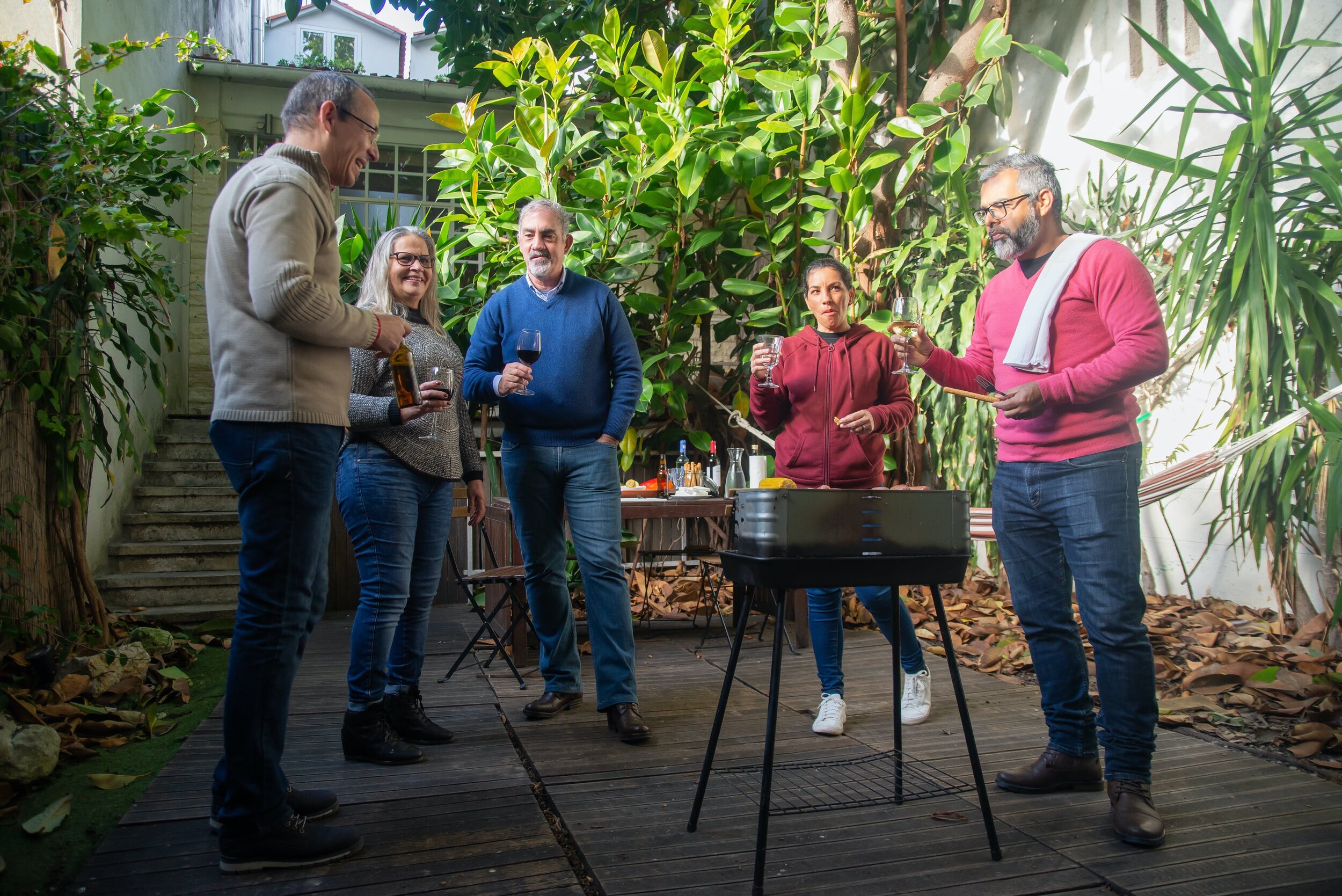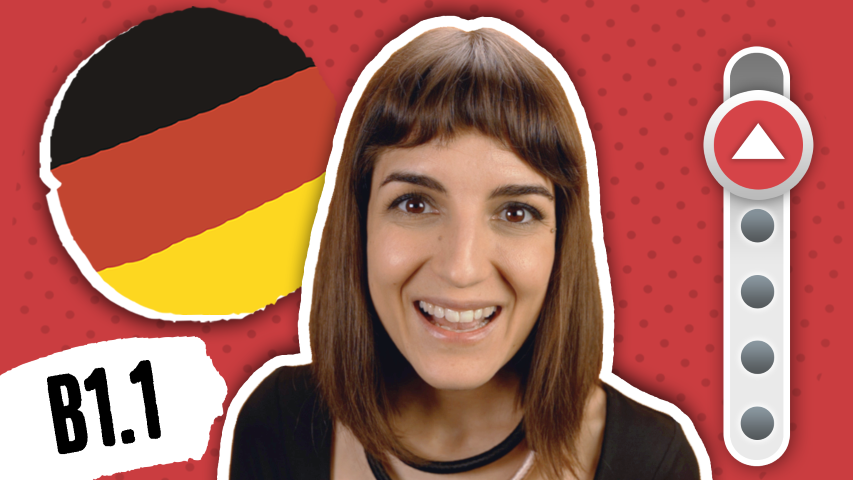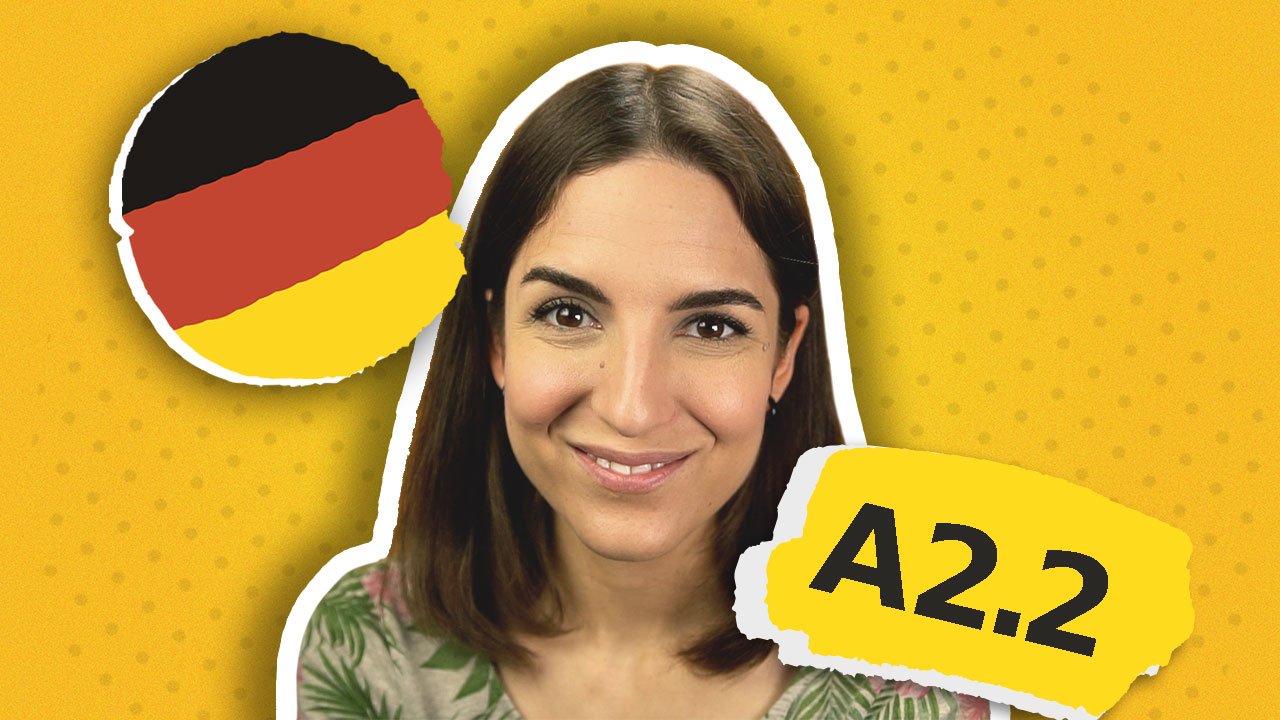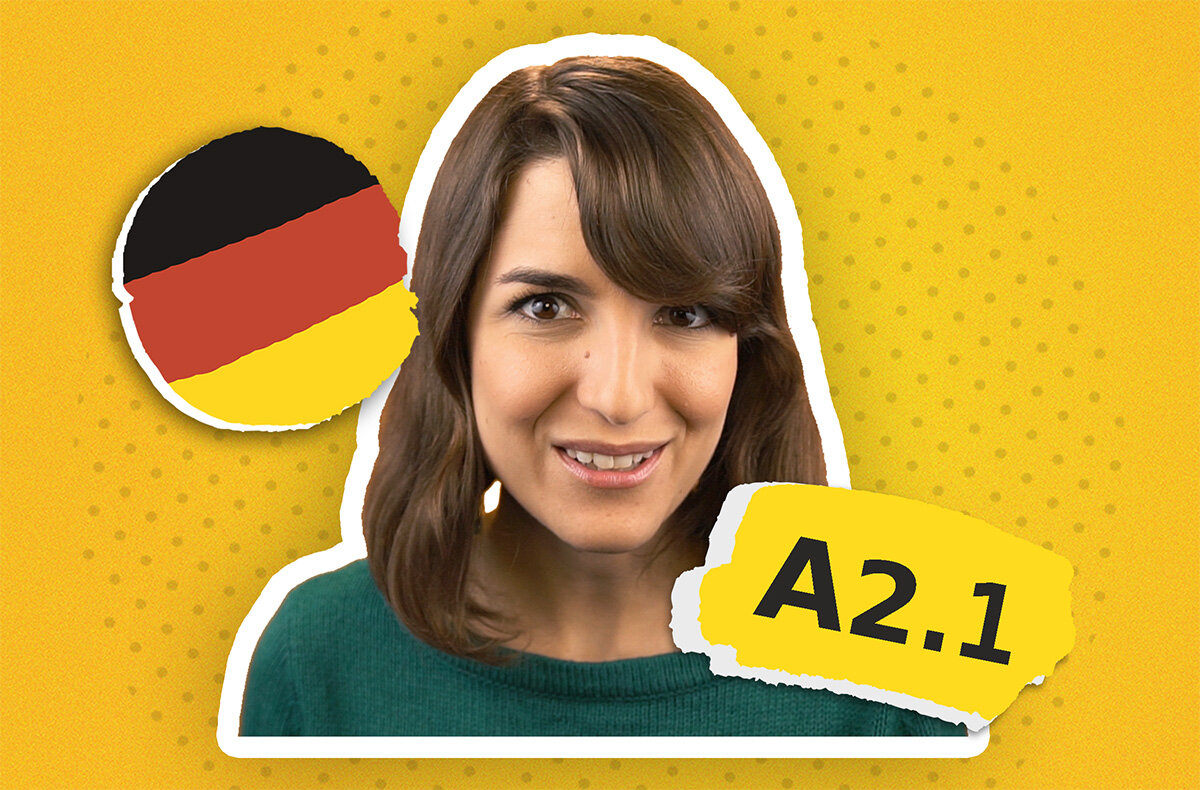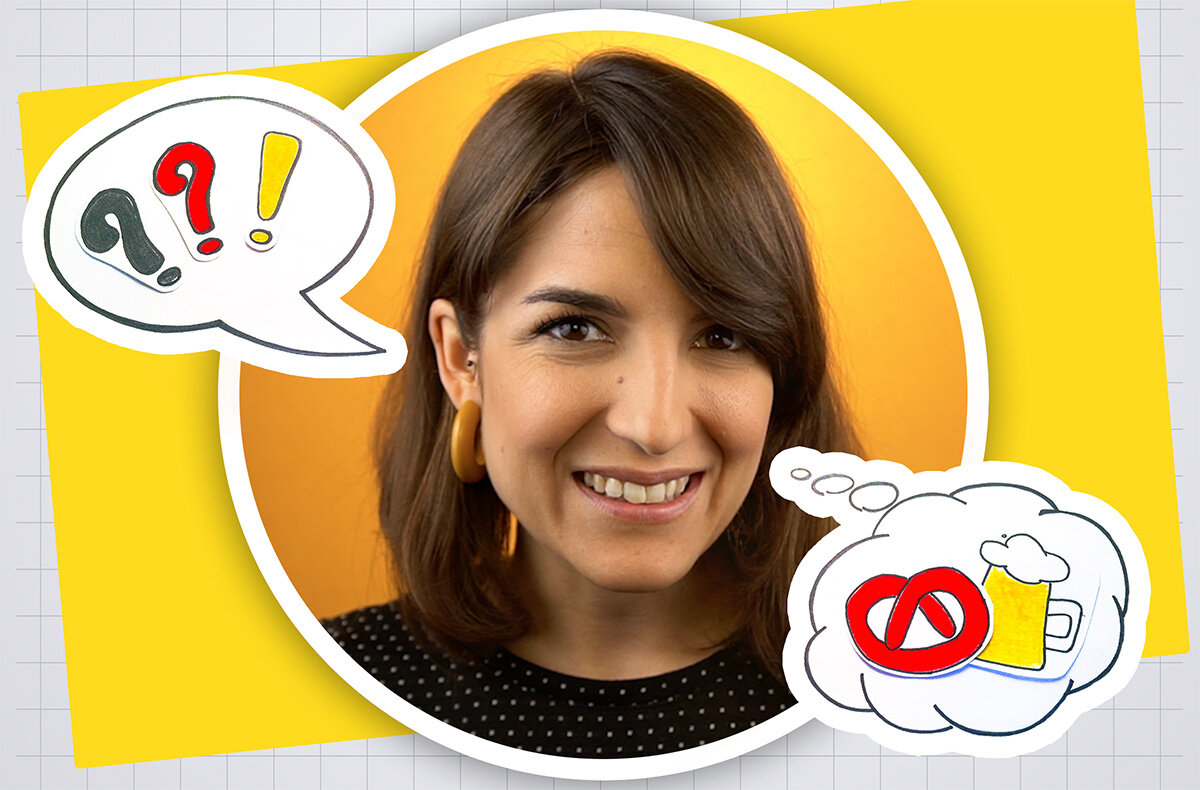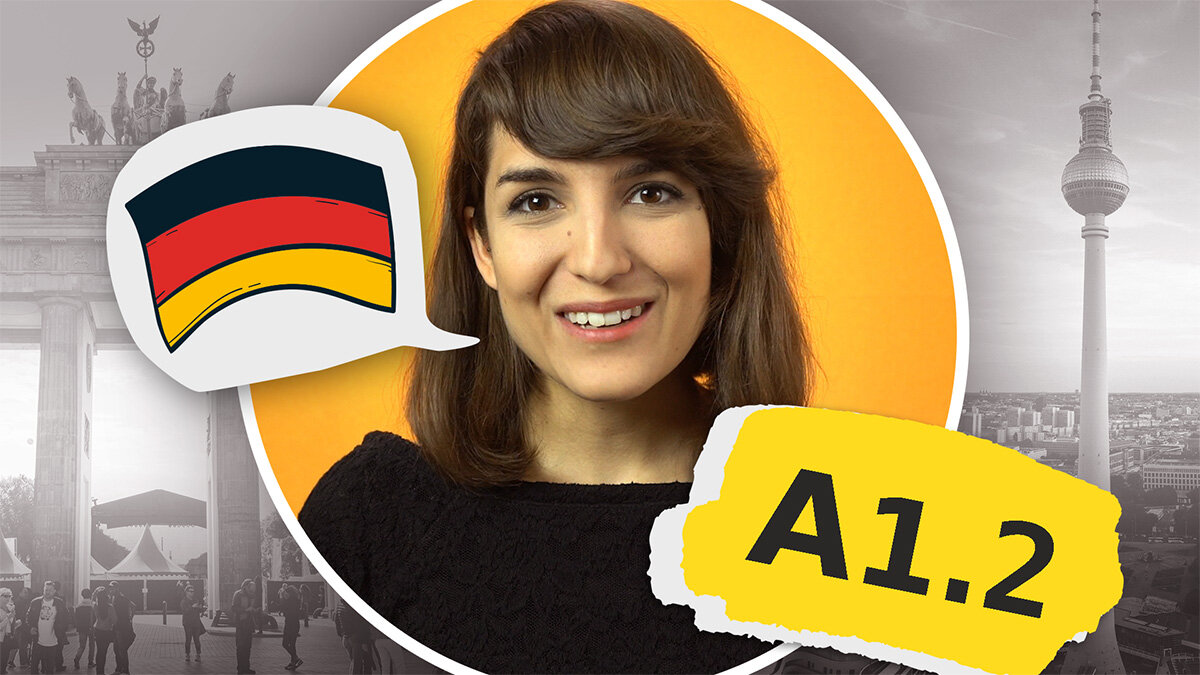Important German phrases for beginners
Jake visited Berlin last year.
Before he left, his friends wrote him a list of the most important German phrases. Unfortunately, Jake lost the list in the train and was unsuccessfully trying to remember the words from the list. Not knowing the most important phrases resulted in a weird situation, which Jake often tells his friends as an interesting story at a party.
In this lesson, you will learn the most important German phrases and in the end, you can read Jake’s story and see what went wrong with his phrases!
1) Asking for a favor
Kannst du mir bitte das Buch geben? Could you please give me the book?
Entschuldigung, kannst du mir bitte helfen? Excuse me, could you please help me?
When asking for a favor in a polite way, we use the word bitte, which means “please”. You can also combine it with Entschuldigung which means “excuse me”. You can also say simply “Entschuldigung!” when you want someone to move or to ask them something.
2) Thanking someone
Danke! Thank you!
Danke schön! Thank you very much! (literally: Thank you nicely!)
Vielen Dank! Thank you very much! (literally: Thank you a lot!)
When thanking someone, we use the word danke. When we want to say “Thank you very much”, we add the word schön (literally: beautiful, lovely, great, nice) to danke and say: “Danke schön!”
Good to know!
When you don’t want something, it is polite to say “Nein, danke!”, which means “No, thank you”.
3) Saying: You are welcome!
Bitte! You’re welcome!
Bitteschön! You’re welcome!
Nichts zu danken! Don’t mention it!/You’re welcome!
Gern geschehen! My pleasure! / You’re welcome!
When someone thanks you for doing them a favor, you can say one of these four sentences, as they all mean “You’re welcome!”.
4) Apologizing
Tut mir leid! I’m sorry!/ Sorry!
Es tut mir leid! I’m sorry!
Entschuldigung! I’m sorry!/Sorry! (literally: Apologies!)
When you want to apologize about something, you can use some of the sentences mentioned above. “Tut mir leid” is a shorter version of “Es tut mir leid” and it is useful when you want to quickly apologize for a small mistake. Entschuldingung is also used for shorter apologies (for example, if you’re late).
Let’s see how these phrases look together in a conversation!
Entschuldigung, kannst du mir bitte das Buch Robinson Crusoe geben?
Excuse me, could you please give me the book Robinson Crusoe?
Hier, bitte!
Here!
Das ist nicht Robinson Crusoe! Das ist Dracula!
That is not Robinson Crusoe! That is Dracula!
Es tut mir leid! Hier, das ist Robinson Crusoe!
I am sorry! Here, this is Robinson Crusoe!
Danke schön!
Thank you very much!
Nichts zu danken!
Don’t mention it!
What we’ve learned today?
When it comes to being polite, there are several simple, but very important German phrases. When asking someone for a favor, it is polite to use the word bitte. When thanking someone, we use danke or some of its forms – danke schön or vielen Dank.
We also say danke when we say we do not want something: Nein, danke! When we do someone a favor and they thank us, we can say they’re welcome with bitte (or bitteschön), gern geschehen or nichts zu danken. When we apologize, we say (es) tut mir leid or Entschuldigung.
Buch, das → book
bitte → please; you’re welcome
geben → give
helfen → help
Entschuldigung → sorry/excuse me
danke → thank you
danke schön → thank you very much
vielen Dank → thank you very much
Bitteschön → you’re welcome
gern geschehen → my pleasure/ you’re welcome
Nichts zu danken → don’t mention it!/ you’re welcome!
tut mir leid → I’m sorry
Test your knowledge
See what you’ve learned in today’s lesson and test your knowledge about these important phrases in the following exercises!
1.) Connect the right sentence with the correct translation!
- a) Es tut mir leid!
- b) Entschuldigung, kannst du mir bitte helfen?
- c) Bitte!
- A) You’re welcome!
- B) I’m sorry!
- C) Excuse me, could you please help me?
2.) Choose the correct answer: Kannst du mir __________ das Buch geben?
- a) tut mir leid
- b) gern geschehen
- c) danke schön
- d) bitte
3.) Fill in the missing words!
- a) Es tut mir __________!
- b) __________ geschehen!
- c) Nein, __________!
Here are the correct answers, check if you got them right!
1.) aB , bC, cA ; 2.) d; 3.) a) leid, b) Gern, c) danke
Jake’s story
Now that you know these important phrases and how to use them correctly, let’s go back to Jake’s story!
Below is the story he always tells his friends at parties.
“So I lost the list of phrases on the train, right? And I tried so hard to remember them, but really couldn’t remember any one of them! I went into a store and the seller there tried to sell me a book about gardening, which didn’t interest me at all. I tried to say I didn’t want it but couldn’t remember the correct phrase – so I said, “Entschuldigung, gern geschehen!”. The seller was confused and they asked me: “Bitte?”. I said, “Danke schön, Bitteschön!“. And then the seller said something about euros, I wanted to say “No,thank you!”, but I said “Danke, nichts zu danken!”. I don’t really remember the rest, I just know I ended up buying a 60 € book about tree diseases! Always learn your phrases, folks!”
You may also be interested in taking one of our courses


